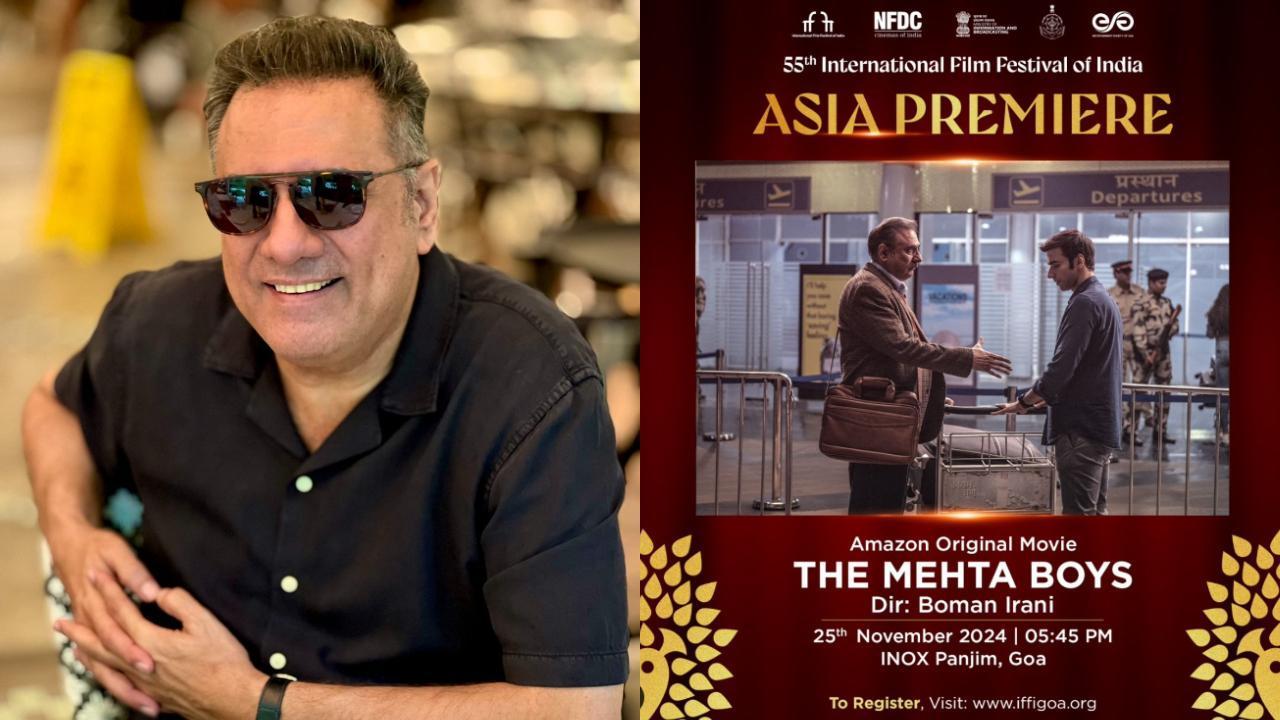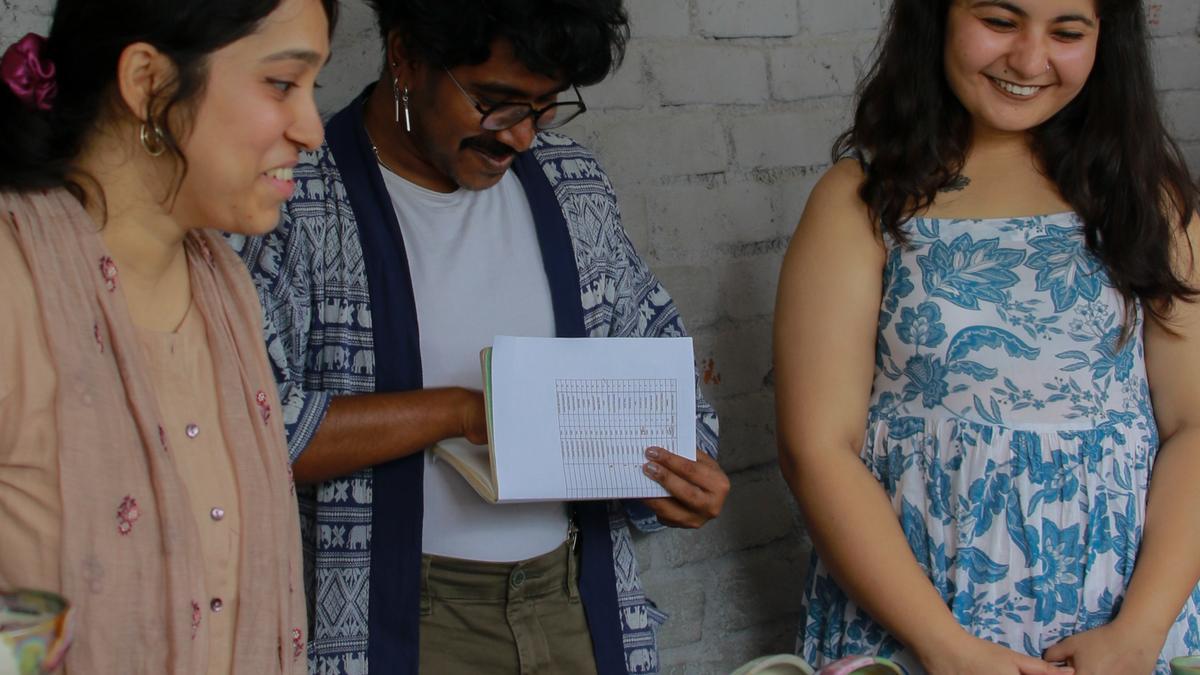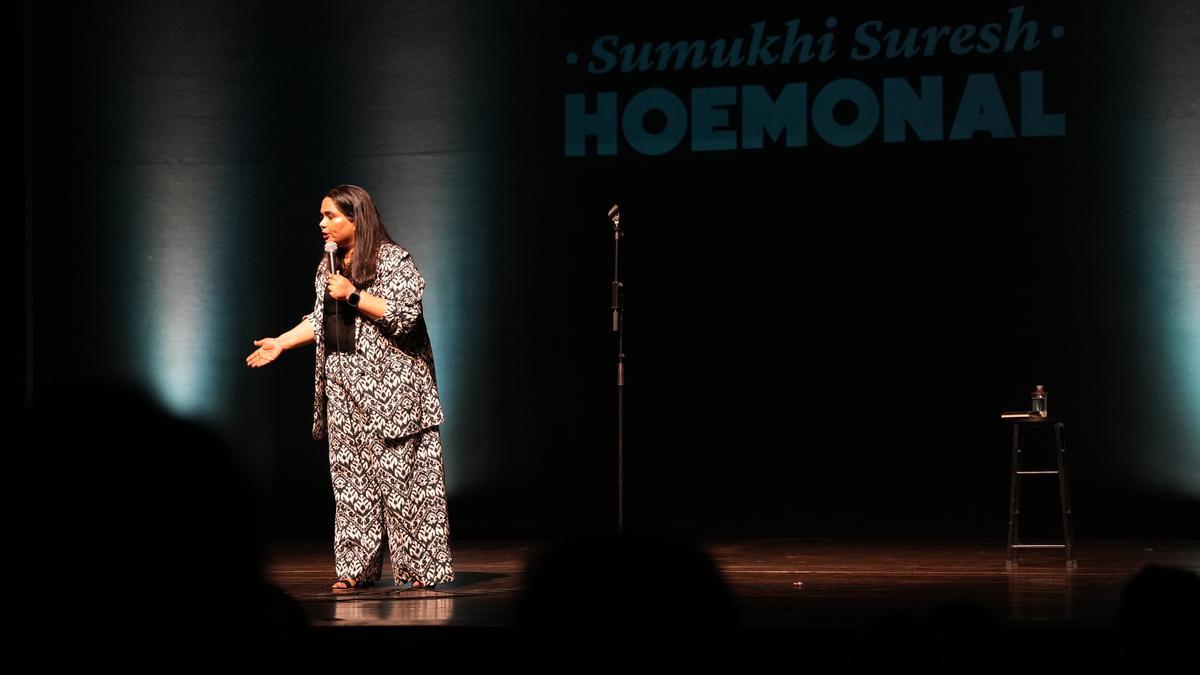
In a decisive move that has quelled rumors and speculation, Bollywood actor Sanjay Dutt has formally announced that he is not stepping into the political limelight by joining any party or contesting upcoming elections. Utilizing the reach of social media, the renowned actor made his position clear: “If I do decide to step into the political arena, then I will be the first one to announce it. Please refrain from believing what is being circulated in the news about me as of now.” This rebuttal follows heated conjecture over posts that hinted at Dutt’s potential candidacy in the Lok Sabha polls representing the Congress party from Karnal, Haryana. Previously, in 2009, Dutt was affiliated with the Samajwadi Party where he served briefly as their general secretary before tendering his resignation.
The cinematic landscape is evolving, with actress Kriti Sanon addressing the stigma surrounding female-driven films. Fresh off the success of her latest film, Crew, co-starring industry heavyweights Tabu and Kareena Kapoor Khan, Sanon advocates for a shift in perspective. She expressed confidence in the ability of woman-led films to attract cinema-goers and encouraged the industry to invest with the same vigor it does for male-centric films. According to Sanon, the success of films should not be gendered, and equitable investment could result in comparable box office returns.
Sai Tamhankar, another prominent figure in the Indian film industry, shared her anticipation for celebrating the Maharashtrian New Year, Gudi Padwa, in her hometown of Sangli after a hiatus of three years. The actor looks forward to reviving cherished traditions and family ties, underscoring the comforting allure of home and the peace it brings.
Joining the discourse on women’s representation in cinema, director Kiran Rao discussed the relatability of her film Laapataa Ladies, despite its 2001 rural Indian setting. Rao has been actively promoting her directorial work and believes that it resonates with women from various backgrounds, highlighting universal experiences that often go unrecognized in mainstream cinema. Her outreach demonstrates her conviction in the power these stories hold in instigating societal change and empowering women.
In the realm of television, Mouli Ganguly is making a comeback with her new series, Janani AI Ki Kahani, which she describes as a fresh narrative diversion from the conventional “saas-bahu” offerings. Ganguly is optimistic about the potential success of this unique portrayal of single motherhood, attributed to the talented writer Mrinal Jha at the helm.
Producer Ektaa R Kapoor expressed her dismay over the domestic reception of her film, Thank You For Coming, a narrative centered on female sexuality starring Bhumi Pednekar. Despite the acknowledgment of critical accolades abroad, Kapoor is confounded by the film’s failure and the vitriolic backlash it received from certain sections in India, particularly online where the film faced relentless hate spamming.
Actress Raveena Tandon, known for her commanding screen presence, delved into the topic of patriarchy, which she confronts in her latest film, Patna Shukla. She believes that, despite the existence of progressive laws, patriarchy persists, affecting women in all spheres of life. In her portrayal of a lawyer within the film, Tandon’s character does not view patriarchy as a barrier but rather an obstruction to justice that she is determined to dismantle.
Amidst the array of personal insights and reflections, the cinematic world was also treated to a tantalizing glimpse of the forthcoming film, Pushpa 2: The Rule. The teaser was strategically released in celebration of the lead actor Allu Arjun’s 42nd birthday, stirring anticipation among fans. The sequel, helmed by director Sukumar, promises to build on the action-packed narrative of its predecessor, highlighting the intensifying conflict between Allu Arjun’s character and Malayalam cinema’s acclaimed actor Fahadh Faasil.
In summary, from clarifications on political engagements to progressive narratives challenging societal norms, the entertainment industry continues to both reflect and inspire the multifaceted reality of life in contemporary India.










